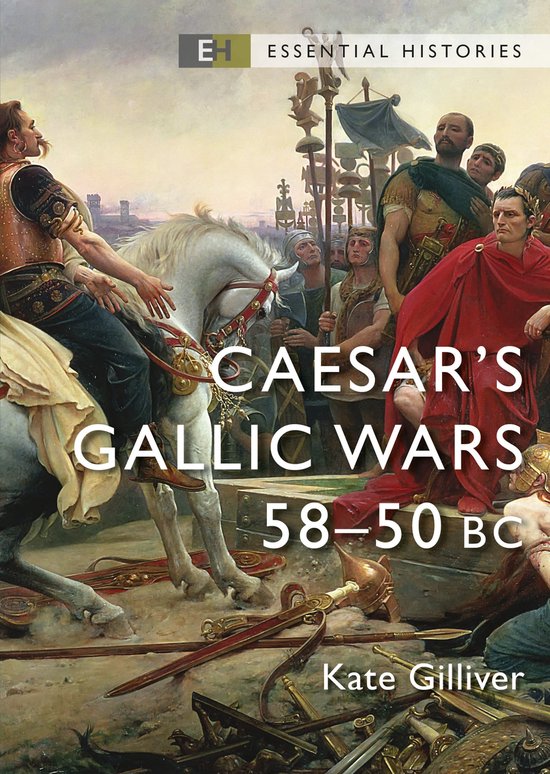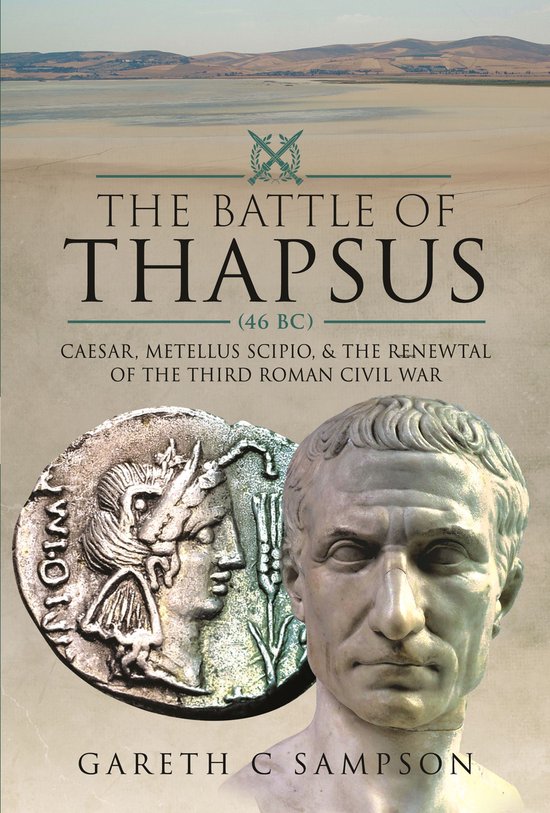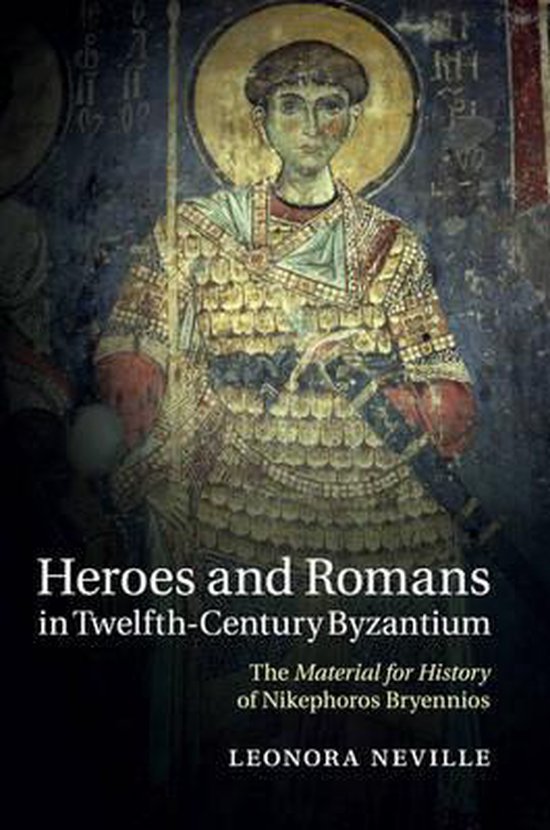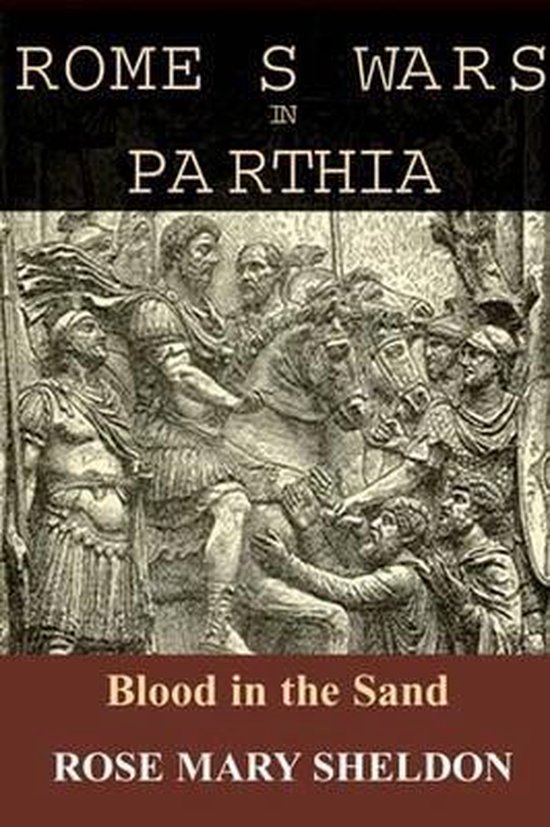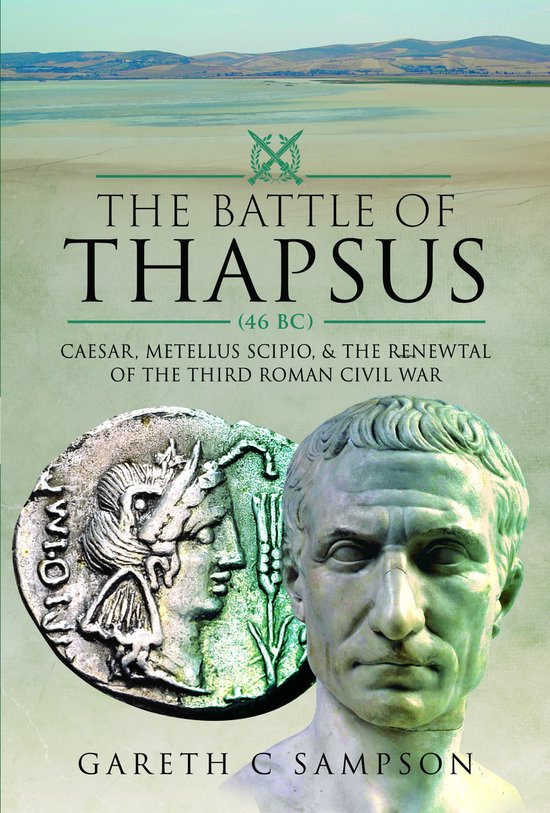
The Battle of Thapsus (46 BC)
Detailed analysis of a significant but neglected battle between Julius Caesar and Pompeian die-hards.
Despite defeating his opponent Pompeius Magnus at Pharsalus, and the latter’s subsequent murder, Caesar still faced a determined opposition in the Civil War that had engulfed the late Roman Republic. Having become entangled in the intrigues and wars of the East, Caesar gave his opponents time to regroup under the lead of Metellus Scipio and Cato the Younger, scions of two of the Republic’s greatest families. Under their leadership Caesar’s dominance of the Republic was seriously challenged, culminating in a decisive battle at Thapsus in what is now Tunisia. Gareth Sampson describes the campaigns that set the context for the battle, including the role played by the various regional powers drawn into the Roman Civil War. He then recounts the battle itself in detail, analysing the relative strengths of the armies involved, their organization, equipment and tactics. He assesses the opposing commanders and the strategies on the day which led to another victory for Caesar. He concludes with a discussion of the bloody aftermath of the battle and the myths that developed around the deaths of Caesar’s opponents.
Despite defeating his opponent Pompeius Magnus at Pharsalus, and the latter’s subsequent murder, Caesar still faced a determined opposition in the Civil War that had engulfed the late Roman Republic. Having become entangled in the intrigues and wars of the East, Caesar gave his opponents time to regroup under the lead of Metellus Scipio and Cato the Younger, scions of two of the Republic’s greatest families. Under their leadership Caesar’s dominance of the Republic was seriously challenged, culminating in a decisive battle at Thapsus in what is now Tunisia. Gareth Sampson describes the campaigns that set the context for the battle, including the role played by the various regional powers drawn into the Roman Civil War. He then recounts the battle itself in detail, analysing the relative strengths of the armies involved, their organization, equipment and tactics. He assesses the opposing commanders and the strategies on the day which led to another victory for Caesar. He concludes with a discussion of the bloody aftermath of the battle and the myths that developed around the deaths of Caesar’s opponents.
| Auteur | | Gareth C Sampson |
| Taal | | Engels |
| Type | | Hardcover |
| Categorie | | Geschiedenis |
